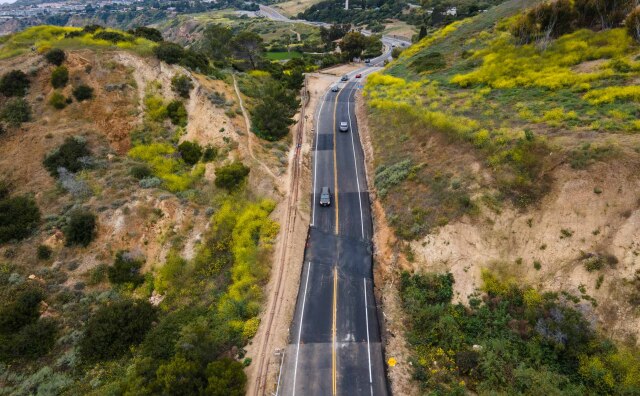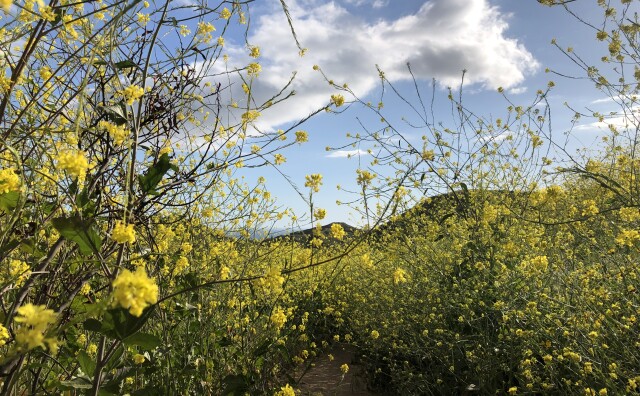After every wildfire in California that forces people from their homes comes the next step: going home.
Often, the exact conditions you're returning to may be unknown. But there are some things you can do to protect yourself and assess the state of your home as safely as possible.
Step one: protect yourself from ash and particles from the fire. That means checking for fire on the way back to your home. Then, checking for embers or dangers from utilities outside and inside of your home. If you find fires during your checks, Cal Fire says to call 911 immediately.
Once you're done checking for dangers to your safety, here are some examples of what to do, and what not to do as you clean up:
Do
- Wear a mask rated N-95 or better while cleaning up. We rated the most effective-and ineffective-masks to combat air pollution.
- Walk carefully. When ash gets wet, it can be slippery.
- Check for embers. Cal Fire suggests looking in the attic, rain gutters, on the roof, under decks, in crawlspaces and in any piles of debris for embers that might've floated in.
- Give your pets a bath to get rid of ash.
- Put on gloves, long pants and a long sleeve shirt.
- Throw away frozen food that might've thawed during a power outage. Also, throw away food that was not in airtight containers, but was exposed to the air, like food stored in cardboard boxes. According to the County Department of Health, food in sealed glass jars and metal cans should be safe.
- Toss plastic bottles, like bottles of water, that have ash on the caps. According to the County Department of Health, rinsing off the bottle caps is not enough to decontaminate the containers.
- Put any ash you do collect into a plastic bag, so it doesn't blow away.
- If using a generator, use an extension cord to plug appliances directly into generators -- no power strips, just one appliance per outlet, to avoid an overload that could shut the generator down
Don't
- Don't turn on your electricity if you see any damage to your meter.
- Don't try to fix any damaged gas meters, gas lines or propane tanks. Instead, Cal Fire says to call your local utility provider.
- Don't touch any downed wires. Again, call your utility provider.
- Don't let kids play in the ash, whether its dry or wet.
- Don't let ash linger on your skin. If ash does get on your skin, wash it off using warm water and soap.
- Don't eat the food in your refrigerator if there was a long power outage.
- Don't kick up more ash into the air. That means avoid using your leaf blower to clean up the ash. Instead, the County Department of Health suggests sweeping the ash carefully, and then using a wet mop.
- Don't use too much water, though. As the County Department of Health explains, ash gets slippery when wet.
- Don't use your average home vacuum cleaner to clean up ash unless it has a HEPA-filter. The Department of Health warns that regular vacuum cleaners will just blow the particles back into the air.
- Don't plug a generator directly into your home's electrical panel or power meter — the power can flow back out onto the wires on the street and give workers a bad shock.
You can read the complete list of precautions in both English and Spanish on the Dept. of Public Health's website.
Additional Resources
-
- Listen to The Big Burn, our podcast that will get you motivated to get ready
- Wildfires are getting worse. What you need to know
- Understanding climate change may help you feel less helpless
- Every day is now fire season. Let's get you ready for the next wildfire burning near you
- Evacuation terms can be confusing. Here’s what they mean and how to sign up for alerts
- How to keep yourself safe from wildfire smoke
- The air is brown — should I wear a mask? We tested 5 out and have some advice
- This is why fire officials don't want you to stay and defend your home
- What does 'containment' of a fire mean, exactly
- How to avoid getting towed during LA's red flag parking restrictions
- What to do — and not do — when you get home after a wildfire
- If you want to help fire victims, resist the urge to volunteer










